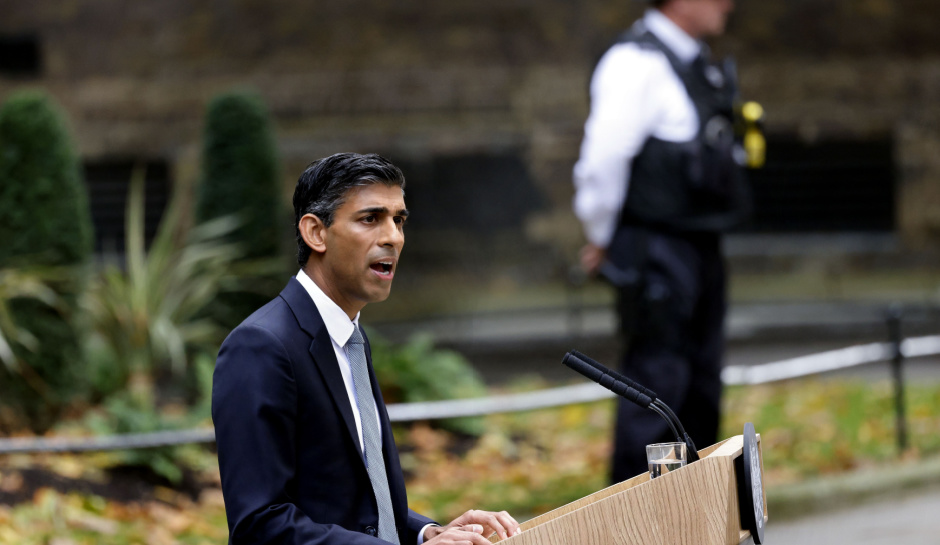Hundreds of ads featuring a deep faked Rishi Sunak went up on Facebook - and it's only going to get worse
The deep fakes promoted investments in an Elon Musk stock market app scam

Sign up for breaking news, reviews, opinion, top tech deals, and more.
You are now subscribed
Your newsletter sign-up was successful
Adverts featuring a deep faked likeness to UK Prime Minister Rishi Sunak have appeared across Facebook, raising fears of future scams or threats as a possible election nears.
Some of the adverts show the Prime Minister announcing government investment in a new stock market app launched by Elon Musk.
The adverts then link through to a fake BBC News page promoting investment opportunities in this new app - and of course, it's a scam.
2024, the year of the deep fake?
Recent research conducted by Fenimore Harper showed that in a one month period between December 8 2023 and January 8 2024, the funding poured into promoting these adverts on Facebook amounted to $16,500.
The source of funding for the adverts originated in countries such as Turkey, Malaysia, the Phillipines and the United States.
The research found that 143 different adverts using Rishi Sunaks deep fake likeness were shown to over 400,000 people on Facebook. Luckily, of this 400,000, the adverts were shown to “less than 0.5 percent of UK users”, according to a spokesperson speaking to The Guardian.
While it seems that the primary incentive for these adverts was monetary gain, it is expected that Prime Minister Sunak will call a general election this year. That means you can expect to see many more deep fakes from key political figures spouting misinformation in attempts by hacktivists and state-sponsored groups to influence voting behavior and the overall outcome of the election.
Sign up to the TechRadar Pro newsletter to get all the top news, opinion, features and guidance your business needs to succeed!
You should also expect to see a gradual increase in deep-fakes and other misinformation/disinformation in the run up to the US presidential election, as Russia and China look to try and sow divide and mistrust between Democrats and Republicans.
Via Engadget
More from TechRadar Pro

Benedict has been with TechRadar Pro for over two years, and has specialized in writing about cybersecurity, threat intelligence, and B2B security solutions. His coverage explores the critical areas of national security, including state-sponsored threat actors, APT groups, critical infrastructure, and social engineering.
Benedict holds an MA (Distinction) in Security, Intelligence, and Diplomacy from the Centre for Security and Intelligence Studies at the University of Buckingham, providing him with a strong academic foundation for his reporting on geopolitics, threat intelligence, and cyber-warfare.
Prior to his postgraduate studies, Benedict earned a BA in Politics with Journalism, providing him with the skills to translate complex political and security issues into comprehensible copy.